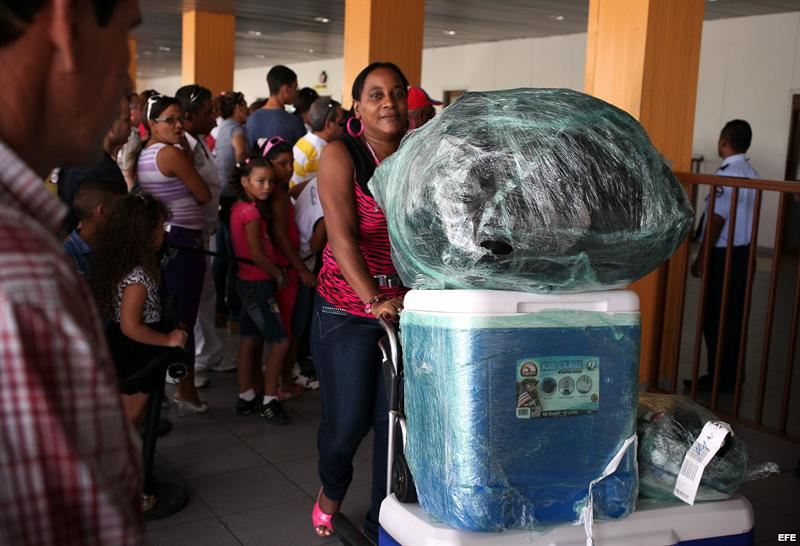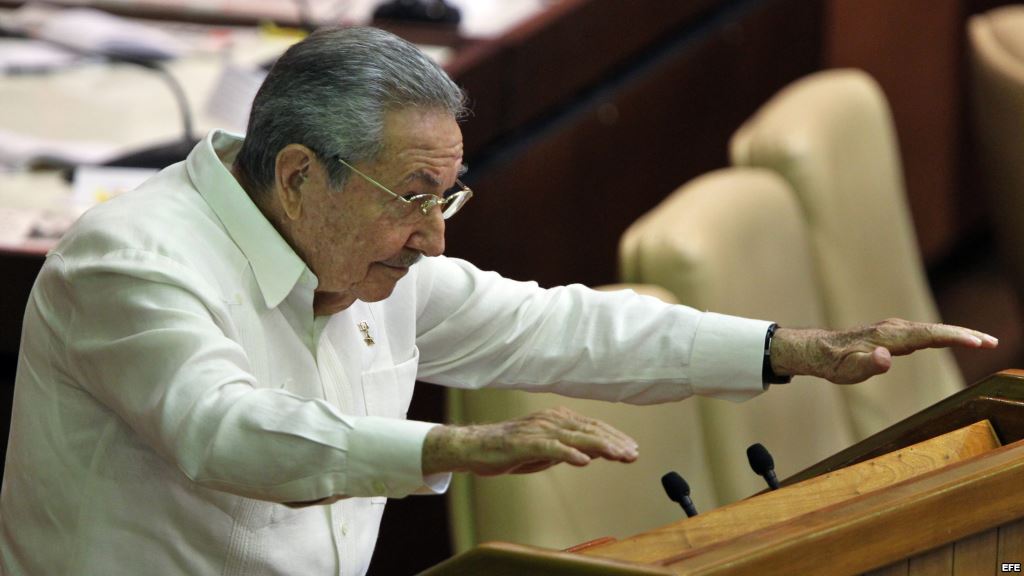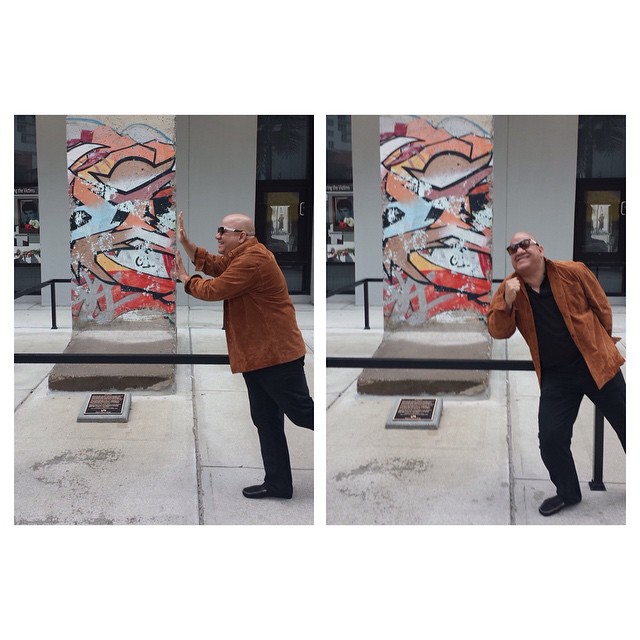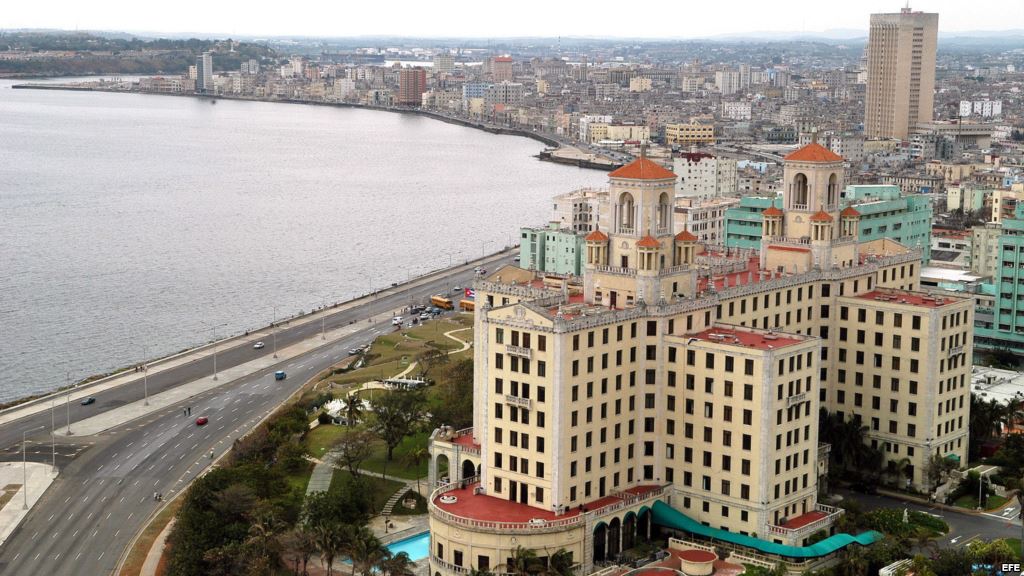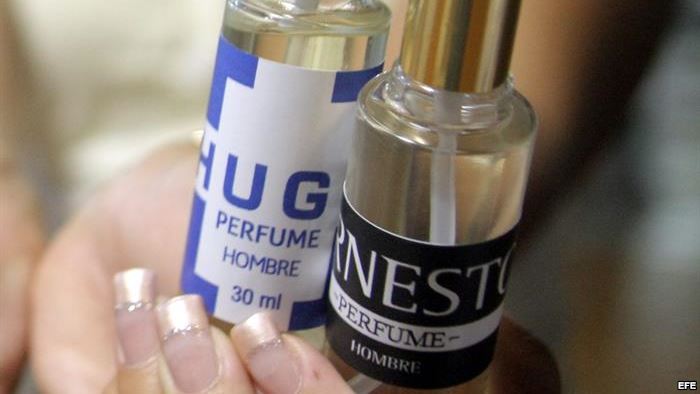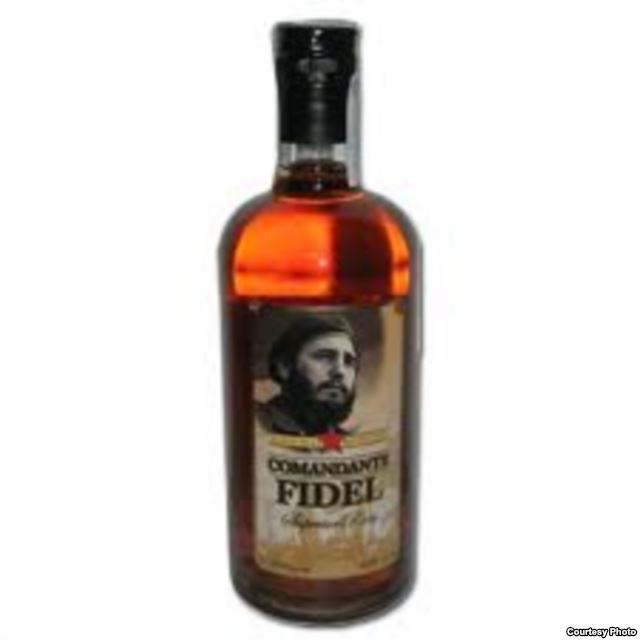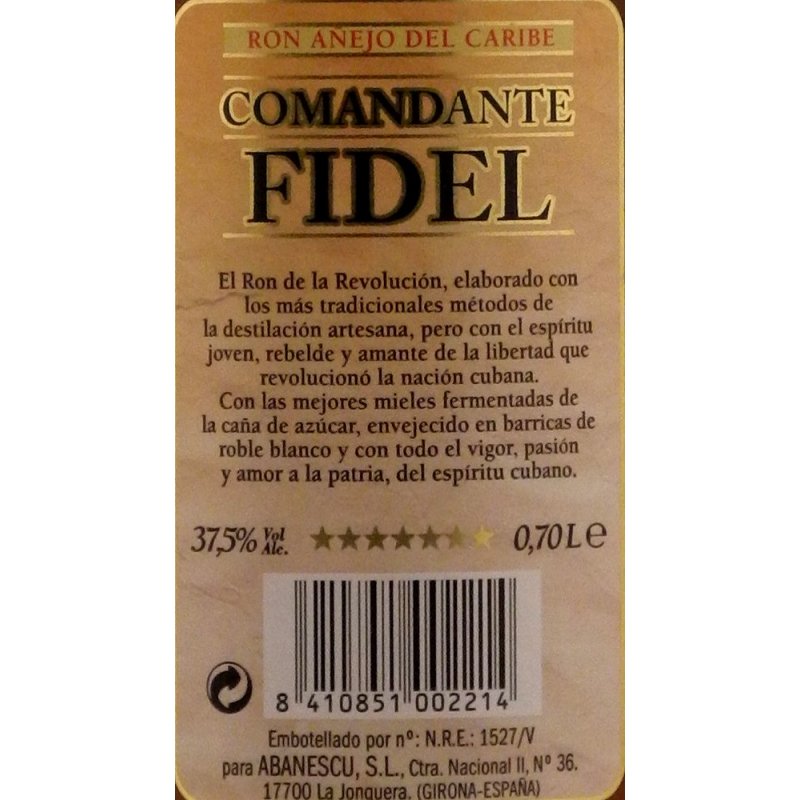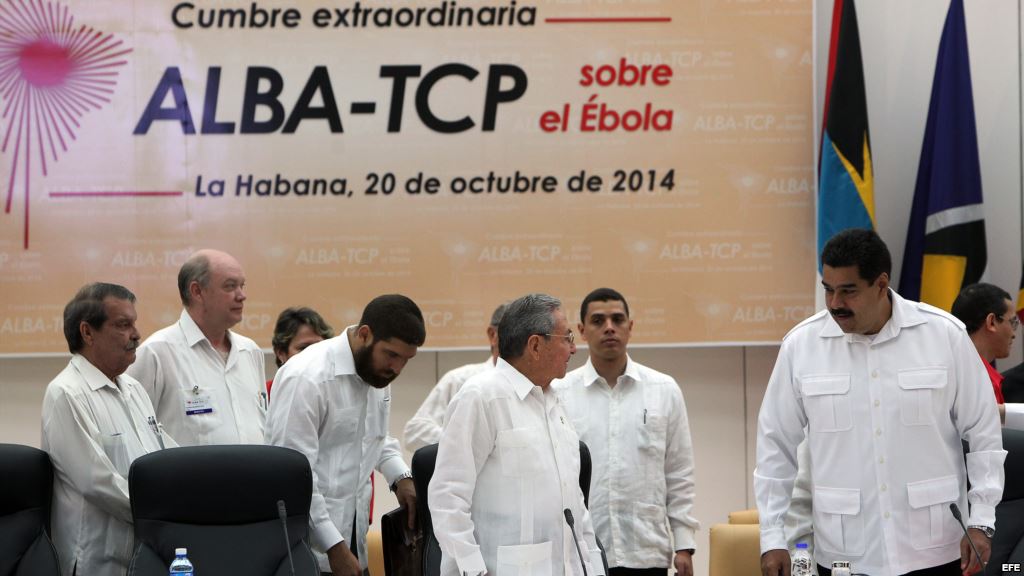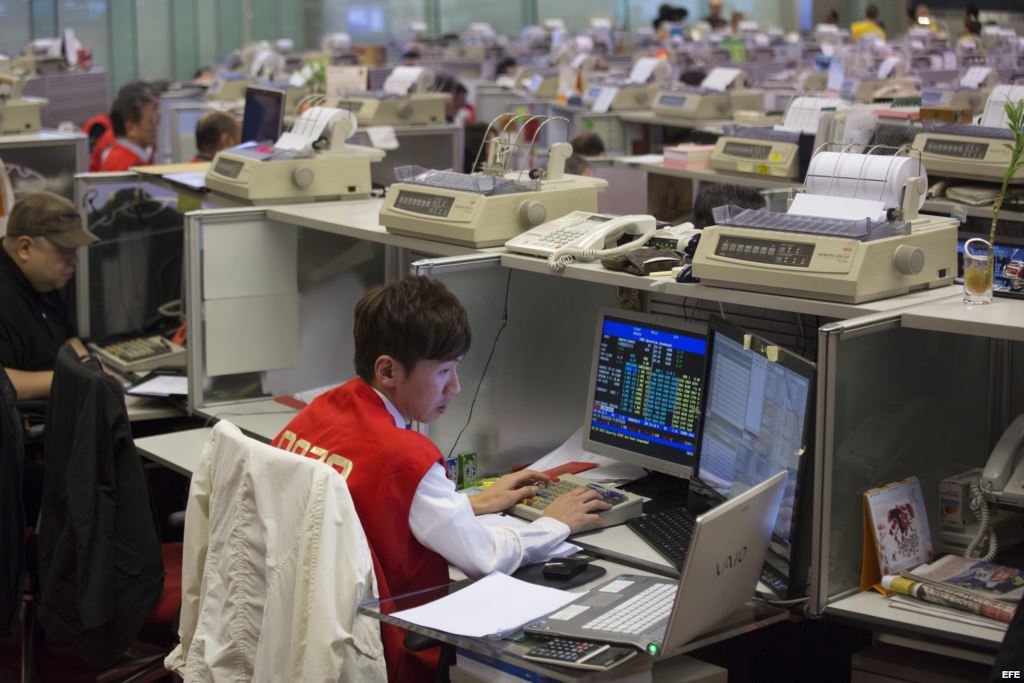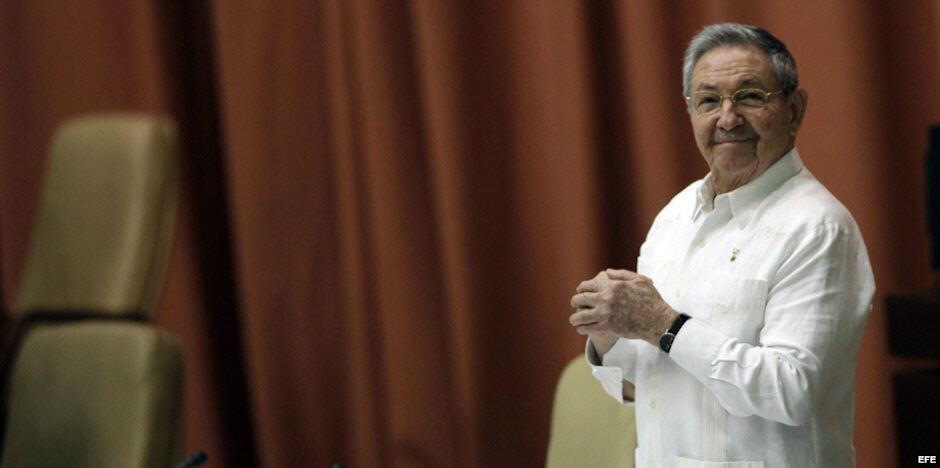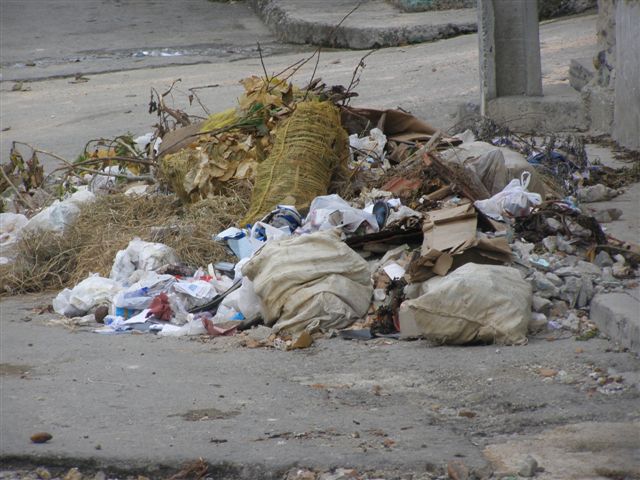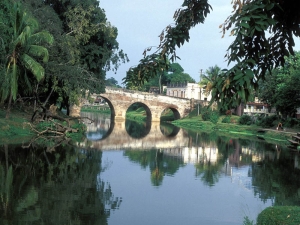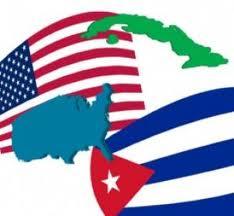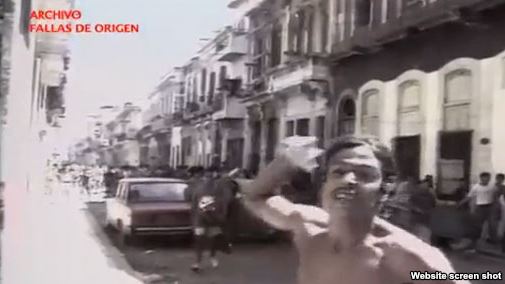So much passion and apathy for “Our Country or Death, We Shall Overcome” has ended up creating a certain inclination toward false patriotism and a funeral mentality. This was in evidence at the end of last week, when yet another widespread rumor of the ex-ruler’s death came to light.
With this new passing, the tagline “Fidel Castro Dies” stands out from other trending topics on social media, triggering a kind of hypnosis, a carousel of emotions. It is like a wistful zombie apocalypse in which fabrication becomes information.
It is not the first time nor will it be the last that rumors swirl around the former Cuban politician. This is why I find the widespread alarm so odd. I had the same exaggerated reaction when I turned twenty-five and had to face the loss of my childhood and my hair. It seems that, rather than wanting to forget, there is a need to preserve this ancient, ubiquitous presence who, because of age and illness, saw fit to withdraw from the scene.
One day he will die, like all human beings. But I doubt it will be on a day when Alejandro Castro Espín, one of his nephews and the most powerful man in Cuba, happens to be strolling through Greece, as was the case in this instance. In fact, the odds are better at winning the lottery. continue reading
As dictated by the protocol, the death will not be announced to journalists at a press conference in the International Press Center (CIP), but through an official statement issued by the Council of State and Ministers of the Republic of Cuba. At a time to be announced, all coverage on national television and radio will be linked, as happened on the night of July 31, 2006.*
It should come as no surprise that the funeral has already been rehearsed (even by the future deceased), which I discussed some time ago. There will be the twenty-one-gun salute, the eulogy, the mournful ceremony, the complete soundtrack with maestro and orchestra. As expected, some will be dressed in black, others in military fatigues. It will also include popular participation, foreign guests and a plan to “safeguard the physical integrity of the nation and preserve order.”
Several official documents indicate that, like Juan Almeida and Raul Castro, Fidel is to be buried at his command post in the Sierra Maestra, out in La Plata, along the foothills of Pico Turquino. But that could all change. I recall on one of my visits to Biran, the birthplace of the Castros, a guide pointing to a nonexistent spot. Like a soothsayer in a trance, he prophesied, “Here, next to those of his mother, will lie the remains of the commander-in-chief.”
I would like to point out that Santa Ifigenia is not an option. Fidel Castro is not about to share it with Jose Marti. And if someone decides to fix up this historic Santiago de Cuba cemetery, it won’t be to bury Fidel Castro but rather because January 28 marks the 162nd anniversary of the birth of Cuba’s “Apostle.”
I do not have a crystal ball and we are living in unusual times but there is also another option yet to be determined and it would be during one of those Sunday family lunches in Rinconada (Raul Castro’s house) in which the future of Cuba is decided.
The Castro family (which embodies the state, the nation and the government) which may decide to give Fidel an intimate funeral and quiet burial. He is no longer head of state, no longer first party secretary, so a low-key death would not be a violation of protocol.
And as in those dark novels that deal with injustice, Fidel Castro might remain the only dead person who never passes away. A thousand prerecorded programs and scripted epitaphs would be erased in one fell swoop. As my grandmother used to say before she began her prayers, reality always trumps fiction.
*Translator’s note: On this date Fidel Castro temporarily transferred the duties of the presidency to his brother Raul as he underwent a surgical procedure.
14 January 2015


